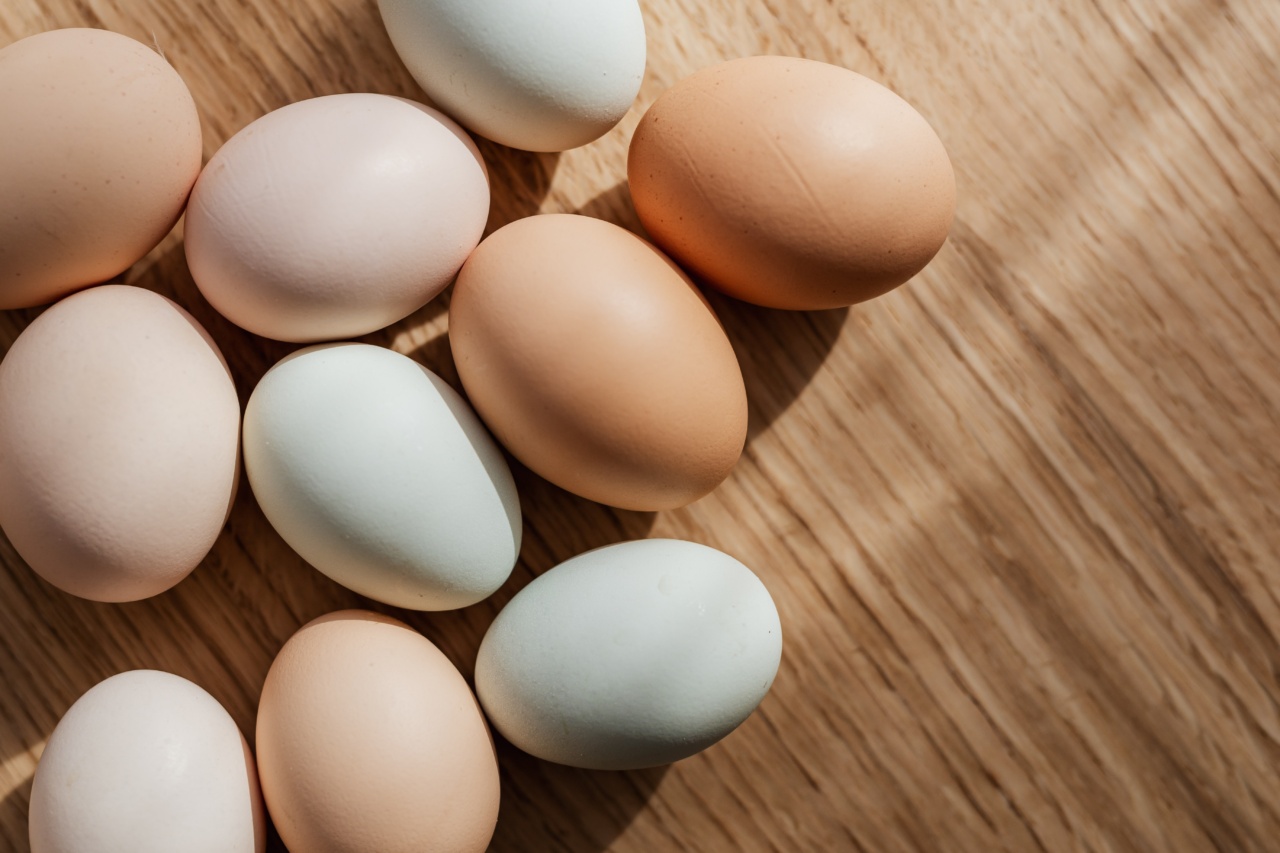Food combinations can be a delicious adventure, with flavors complementing each other and creating a gastronomic delight. However, not all combinations are safe or healthy.
Some foods, when mixed together, can lead to unpleasant side effects or even pose serious health risks. Knowing which foods to avoid combining can help you make better choices for your well-being. Here are some food combinations that you should steer clear of for the sake of your health.
1. Fruit and Dairy
This may come as a surprise to many, but combining certain fruits with dairy products can cause digestive issues. The acid content in fruits can interfere with the digestion of proteins found in dairy, leading to bloating, gas, and even diarrhea.
Some fruits known to have high acid content are oranges, lemons, and strawberries. It is best to consume these fruits separately from dairy or opt for non-dairy alternatives like almond or soy milk.
2. Starches and Proteins
While it might be tempting to have a burger with a side of fries or a sandwich with a bag of chips, combining starches and proteins can hinder digestion. The enzymes required to break down starches and proteins work at different pH levels.
When consumed together, these conflicting pH levels can slow down digestion and lead to an uncomfortable feeling of fullness. Try to separate these food groups to promote better digestion and avoid potential digestive issues.
3. Citrus Fruits and Caffeine
If you’re a fan of pairing a fresh orange juice with your morning coffee, you may want to reconsider.
Citrus fruits like oranges and grapefruits can hinder the breakdown of caffeine in the liver, leading to a higher concentration of caffeine in your bloodstream. This can make you feel more jittery and anxious. It’s best to enjoy citrus fruits separately from your caffeinated beverages to prevent unwanted side effects.
4. Melons and Other Fruits
While melons are refreshing and delicious, they should not be mixed with other fruits. Melons are digested very quickly, whereas other fruits take longer to break down.
When combined, the melon can get stuck in the stomach while waiting for the other fruits to digest. This can lead to fermentation and cause digestive discomfort. It is advisable to consume melons on their own or as a standalone snack.
5. Milk and Green Tea
Green tea has numerous health benefits, but when combined with milk, it can hinder the absorption of certain antioxidants called catechins found in tea.
The proteins in milk can bind with these antioxidants, making them less available for your body to absorb. To fully reap the benefits of green tea, enjoy it without milk or opt for non-dairy milk alternatives like almond or coconut milk.
6. Alcohol and Caffeine
Many people enjoy alcoholic beverages paired with a cup of coffee or an energy drink. However, combining alcohol and caffeine can be dangerous.
While caffeine may mask the effects of alcohol temporarily, it doesn’t reduce the impairment caused by alcohol. This dangerous combination can lead to increased alcohol consumption, as caffeine can make you feel more alert, but it does not decrease alcohol’s effects on your coordination and judgment.
Avoid mixing alcohol with caffeinated beverages to ensure responsible drinking.
7. High-Protein Foods and High-Calorie Foods
Combining high-protein foods with high-calorie foods, such as a steak with a side of fries or full-fat cheese on a burger, can lead to weight gain and potential health issues.
High-protein foods are essential for muscle building and repair, but they should be balanced with other nutrient-rich foods. Pairing them with high-calorie foods that are often high in unhealthy fats can lead to an excessive calorie intake and increase the risk of heart disease and obesity. Try to choose healthier, lower-calorie sides to complement your high-protein meals.
8. Tomatoes and Cheese
If you love a good Caprese salad or pizza margherita, you may want to be mindful of the combination of tomatoes and cheese. Tomatoes are highly acidic, and when combined with cheese, they can interfere with the digestion of the protein in cheese.
This can lead to digestive discomfort, heartburn, or acid reflux. If you’re prone to these conditions, it’s best to enjoy tomatoes and cheese separately or find alternative recipes that are easier on digestion.
9. Sweets and Starches
It’s tempting to indulge in a dessert after a carb-heavy meal like pasta or rice, but combining sweets and starches can lead to a spike in blood sugar levels.
This rapid increase in blood sugar can cause insulin levels to surge, which can lead to weight gain, fatigue, and even diabetes in the long run. It’s best to savor your sweets as a standalone treat or enjoy them in moderation without piling on excessive starches.
10. Spicy Foods and Acidic Foods
Combining spicy foods like chili peppers with acidic foods like tomatoes or citrus fruits can lead to stomach discomfort, heartburn, and acid reflux.
Spicy foods on their own can already irritate the digestive system, and when coupled with acidic foods, they can further exacerbate these issues. If you have a sensitive stomach, it’s best to consume spicy and acidic foods separately or opt for milder versions of your favorite spicy dishes.






























